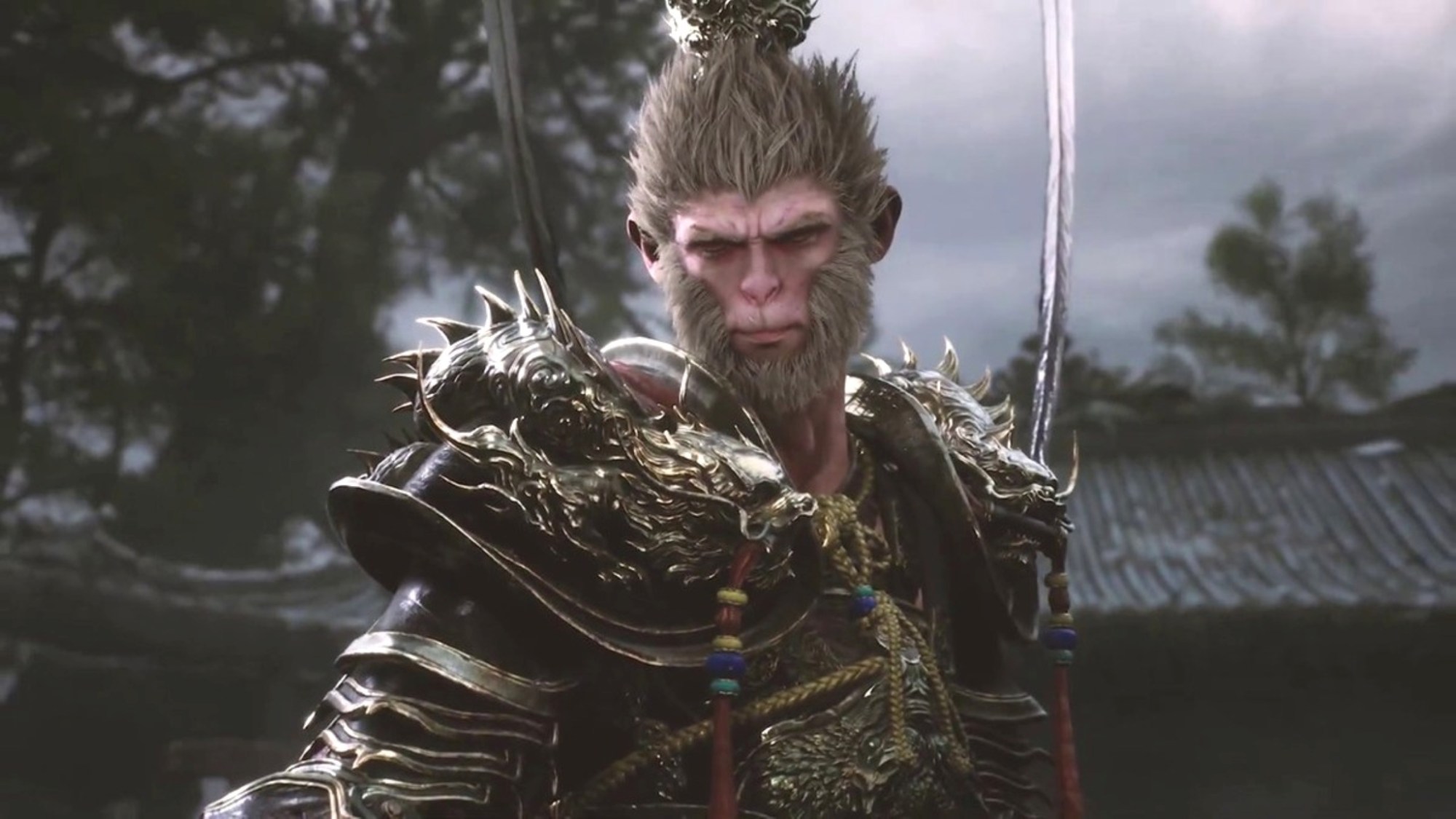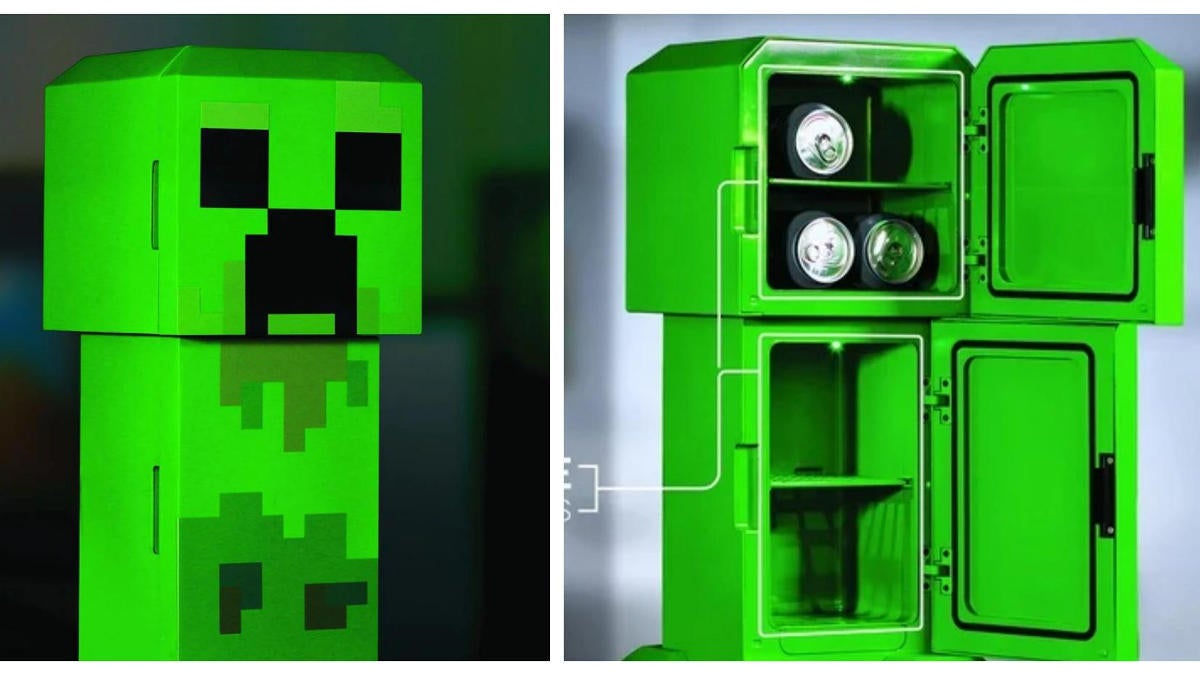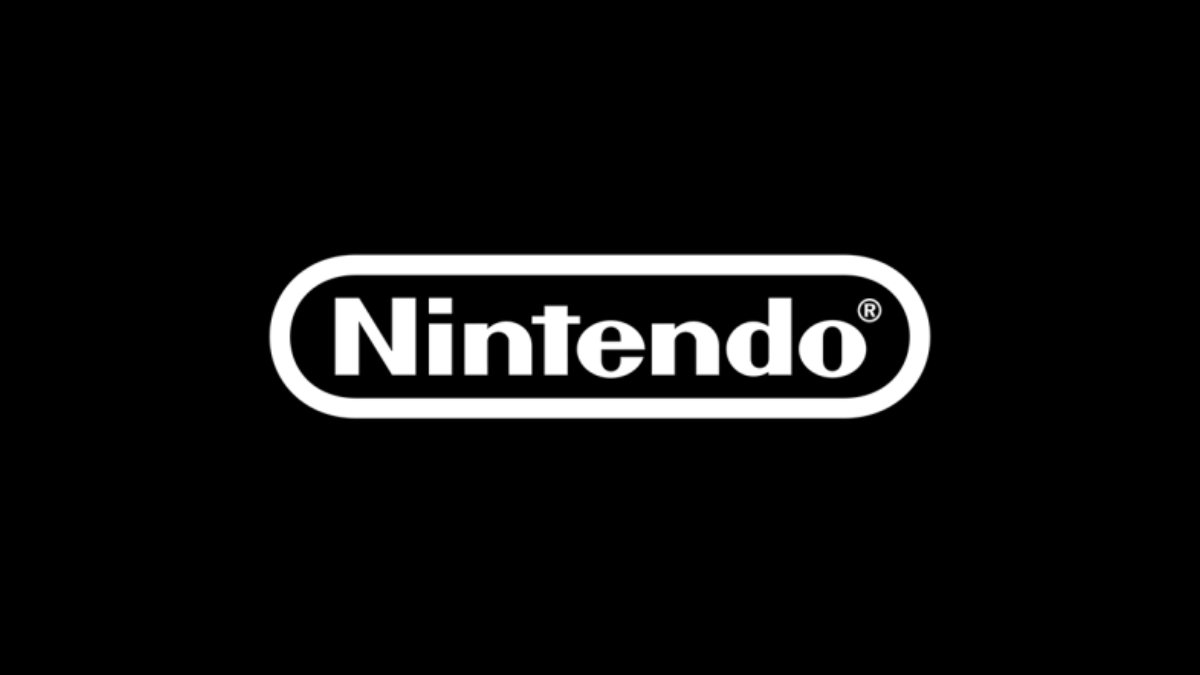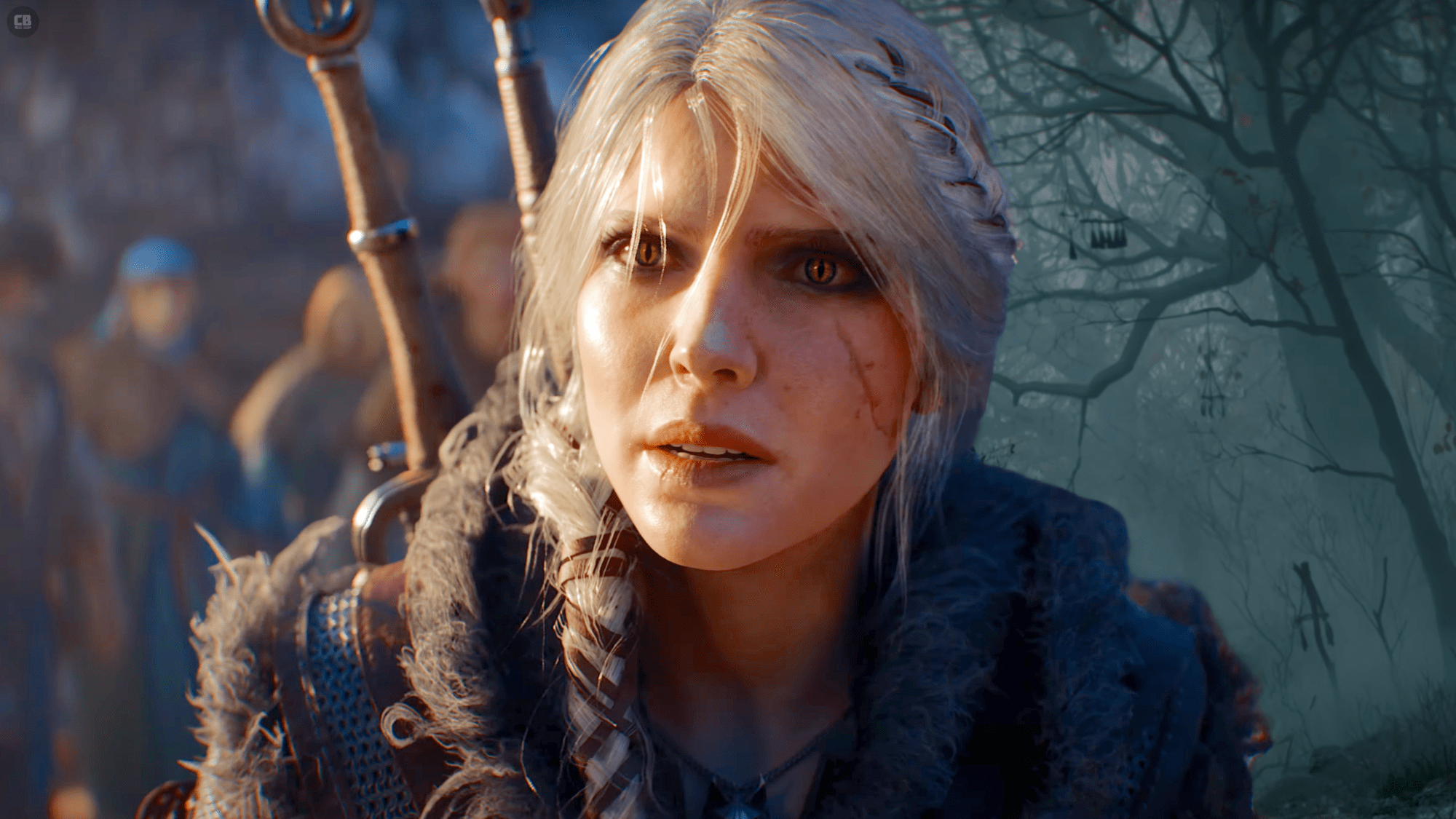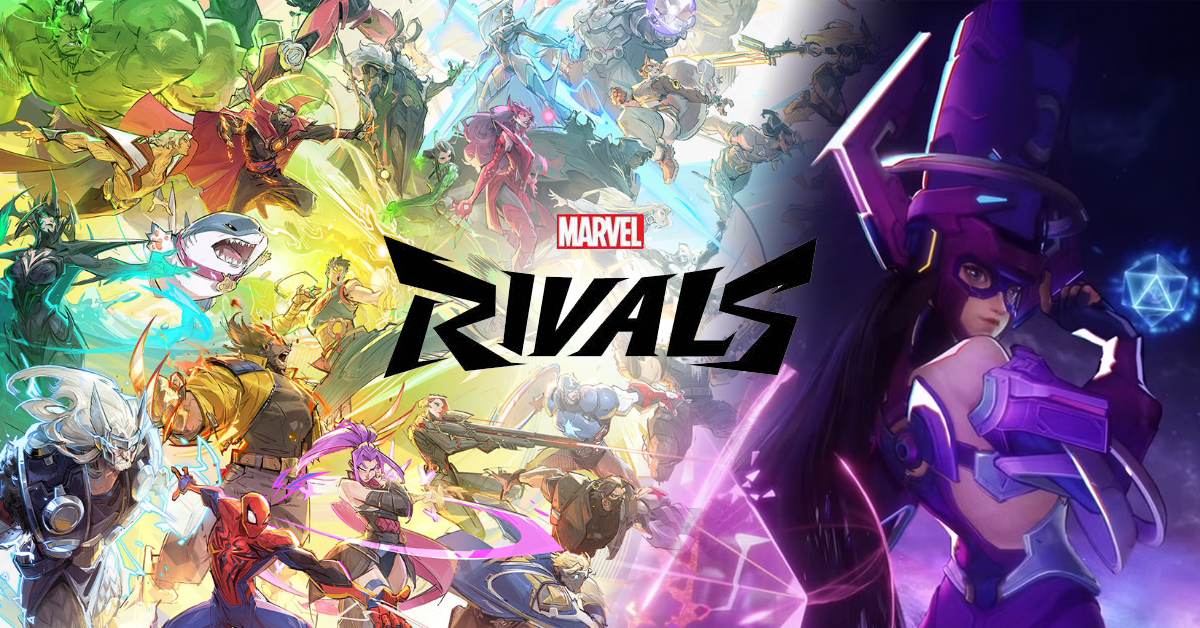The Game Awards, often dubbed the “Oscars of gaming,” is a significant event celebrating the best in the video game industry. Alongside awards, it features game reveals, musical performances, and more. This year was lauded for its balanced presentation, showcasing exciting announcements and allowing developers ample time for heartfelt acceptance speeches. Previous criticisms regarding excessive advertising and focus on non-gaming elements have been addressed by host Geoff Keighley, resulting in a more refined event that caters to gamers eager to see industry recognition.
The 2023 Game Awards held particular weight, with Elden Ring: Shadow of the Erdtree‘s nomination for Game of the Year sparking controversy due to its status as an expansion. Notable absences, like Silent Hill 2, further fueled discussions. One highly anticipated nominee was Black Myth: Wukong, a Chinese Souls-like game from Game Science that garnered massive player interest and positive reception upon release. Ultimately, Astro Bot claimed the Game of the Year award.
Unlike the typical celebratory atmosphere surrounding winners and nominees, Game Science’s reaction to the loss was markedly different. Former Sony Santa Monica writer Alanah Pearce observed visible distress from the Black Myth: Wukong team, noting their apparent disappointment. This public display of emotion was unusual compared to the more common practice of congratulating fellow developers. Furthermore, Game Science CEO Feng Ji voiced his frustration on Weibo, a Chinese social media platform.
According to a translation by MP1st, Ji revealed he had drafted an acceptance speech two years prior, confident in Black Myth: Wukong‘s quality. He expressed a sense of futility in attending the awards ceremony and questioned the Game of the Year selection criteria, while acknowledging the excellence of all nominees. His post concluded with praise for his team and emphasized the strength of Chinese culture and talent. It’s crucial to acknowledge potential nuances lost in translation, but the overall response highlights the significant emotional investment the team had in the award.
While their disappointment is understandable, the loss shouldn’t overshadow Black Myth: Wukong‘s remarkable commercial success and positive critical reception. These achievements are ultimately more meaningful for a studio aiming for continued game development. Furthermore, as Game Science’s first internationally released AAA title, its nomination alone is a substantial accomplishment.
This experience will likely serve as motivation for Game Science to elevate their future projects. While details remain unclear, a successor to Black Myth: Wukong, either a direct sequel or a similar style game, is anticipated. Rumors of an eventual Xbox release also circulate, though unconfirmed.



